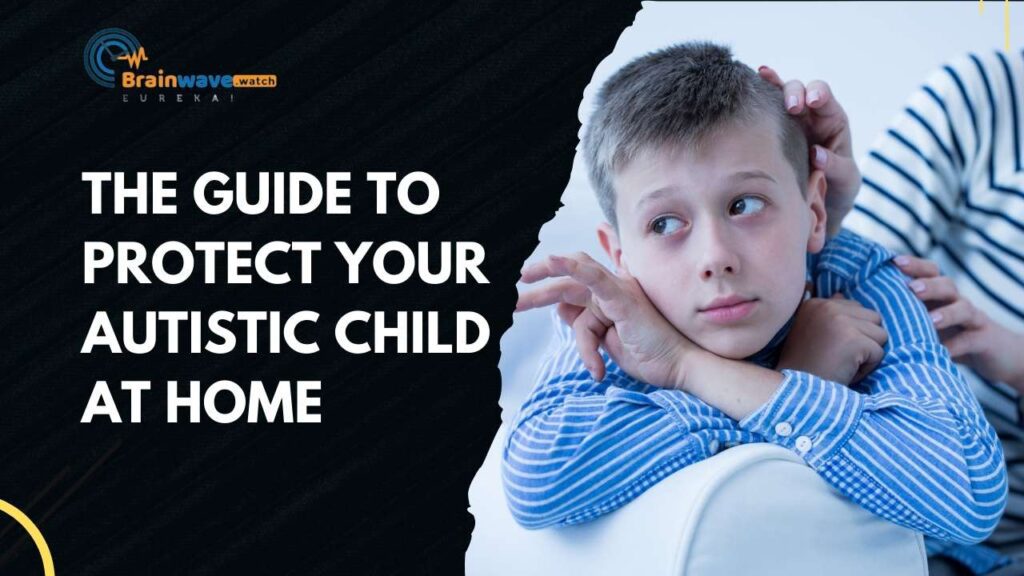Teenagers are a tricky bunch. They’re often self-focused, hyper-aware of their peers’ opinions, and prone to angst. However, they also have some great advantages over younger children: they’re still learning how to take care of themselves physically and emotionally—and sometimes it can be difficult for them to know when they’ve crossed that line into adulthood.
As with any developmental challenge, there are many things you can do as a parent or guardian of an autistic teenager (or even a youngster with Asperger’s syndrome) that will help him or her navigate this time in life with confidence and ease.
Socializing
Socializing is a challenge for many teens with autism, but it’s important to make sure that you’re meeting your friends’ needs.
Many teenagers will want to spend time out of the house with friends and family members.
This can be difficult for teens who have autism because it requires them to interact with people in a way that might not feel comfortable for them.
Perfectionism
Perfectionism is a common trait in people with autism. In fact, it can be a good thing if it helps you to achieve your goals and stop you from doing things that are important to you.
But if perfectionism becomes too much for you, then here are some tips on how to overcome it:
- Talk about what’s bothering you with someone who cares about your well-being and helps guide you through this process of change. You may find that having someone else support and encourage will help keep things in perspective for yourself.
- Try taking breaks from time-consuming tasks or projects when they’re overwhelming so that their success doesn’t become all-consuming.
Read also: Does Autism Really Affect People’s Daily Lives?
Challenging Behaviors
Challenges with challenging behaviors are a major concern for parents and caregivers. These challenges can range from simple tantrums to more severe behavior, such as aggression towards others or self-injury.
The following are some helpful strategies for dealing with challenging behaviors:
- Be consistent in your response – don’t give into the tantrum or use physical force when disciplining your child. This will only make things worse; children learn from their actions, so if you respond in an inconsistent manner they will continue this pattern of behavior at home with you too!
Sensory Issues
Sensory issues can be a big challenge for autistic teens. They may have overstimulation or under-sensitivity, which causes anxiety, depression, and aggression.
The treatment for these conditions varies depending on the type of sensory problem you have.
For example, if you’re oversensitive to touch then behavioral therapy will help you learn new ways to cope with your sensory issues by focusing on calming activities.
Such as playing music, painting, or drawing murals with crayons instead of coloring books filled with bright colors like reds and oranges that typically cause discomfort when eaten by someone who is overly sensitive to those sounds (think about how many kids avoid eating strawberries because they know they make noise while chewing).
If this doesn’t work then medication may be needed along with counseling sessions where professionals help patients understand why certain things bother them so much before trying another approach such as wearing headphones so no one else notices how loud their favorite song is whenever they listen through earbuds at home while playing video games online during off hours.
A Word From Verywell
There is no shame in asking for help. If you can’t do something, ask someone else to help you out. If your child has a meltdown and needs some time in the car or away from other people, let them get it out of their system before they come back into the room. It’s okay to say no if it’s not safe or healthy for you or your child.
It is also important not to be afraid of saying “no” or being upset by something because autism does not mean that anyone should always take care of others at all times—that would defeat the purpose of having friends!
It’s also okay for your teenager to be angry with himself/herself; however, there need to be boundaries set when expressing anger so it doesn’t turn into aggression or violence toward others (or yourself).
Read also: How to Help Your Child with Autism Thrive
In all areas, talk it out.
Talking about your teenager’s emotions is important because it helps them feel heard and understood.
Do this by asking questions like “What are you feeling?” or “How do you think we should handle this situation?” If they don’t have an answer, ask again until they do.
This can be a difficult process at times—even if your child has ASD and doesn’t understand what they’re feeling on any given day—but being patient will help them get through their tough moments of uncertainty in life as well as those times when something feels off-kilter for no apparent reason (like when someone else makes a comment about how much their hair looks like yours).
Conclusion
We hope that this article has been helpful to you in understanding the daily challenges and solutions of autism in teenagers. While it can be difficult to navigate these dark waters, with some preparation, patience, and support from friends and family members, your journey on the autism spectrum can be one that is filled with peace and joy.







